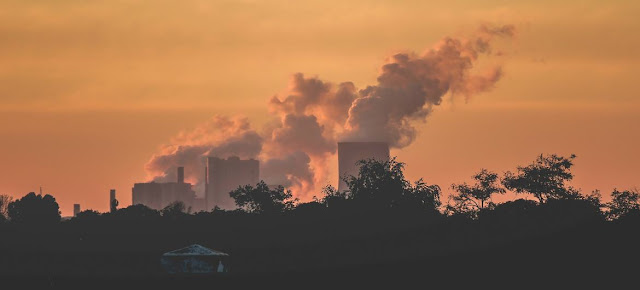Sustainable Living
As part of the UN’s climate action efforts, the Secretary-General’s Net-Zero Expert Group met for the first time on Wednesday, on a mission to develop stronger and clearer standards for net-zero emissions pledged by non-State entities — such as businesses, investors, cities and regions—and speed up their implementation.
The group was led by the former Canadian Environmental Minister, Catherine McKenna.
The UN chief António Guterres denounced the fact that fossil fuel interests are now ‘cynically’ using the war in Ukraine to lock in a high carbon future, noting that financial and technical obstacles to the deployment of renewable energy are hurting many developing countries.
“The world is in a race against time. We cannot afford slow movers, fake movers or any form of green washing”, Guterres highlighted.
The Secretary-General reminded that he decided to establish the group due to a “deficit of credibility and a surplus of confusion” over emission reductions and net-zero targets.
“We need to ensure net-zero commitments are ambitious and credible, and that they align with the highest standards of environmental integrity and transparency.
“They must also be actionable and mindful of different circumstances”, he added, outlining the main task facing the Group.
The UN chief recognised the independence of the experts and said that the best protection against “special interests” will be the full transparency of their consultations and process.
The Expert Group, consisting of 18 members from a range of different backgrounds, will meet in-person in May— a meeting that will be attended by the Secretary-General.
Their main task is to make recommendations promoting more ambitious climate action, and environmental integrity, addressing four specific areas -
- Current standards and definitions for setting net-zero targets.
- Credibility criteria used to assess the objectives, measurement and reporting of net-zero pledges.
- Processes for verification and accounting of progress towards net-zero commitments and reported decarbonisation plans.
- A roadmap to translate standards and criteria into international and national level regulations.
It must be remembered that while the Member States of the UN make commitments to go for the Net-Zero Emissions, very little has been done till date to develop an industrial model which is based on the net-zero-emission model. Unless this technology is developed and the industries are overhauled to follow the zero-emission model, the prospects of achieving this aim seems bleak.
